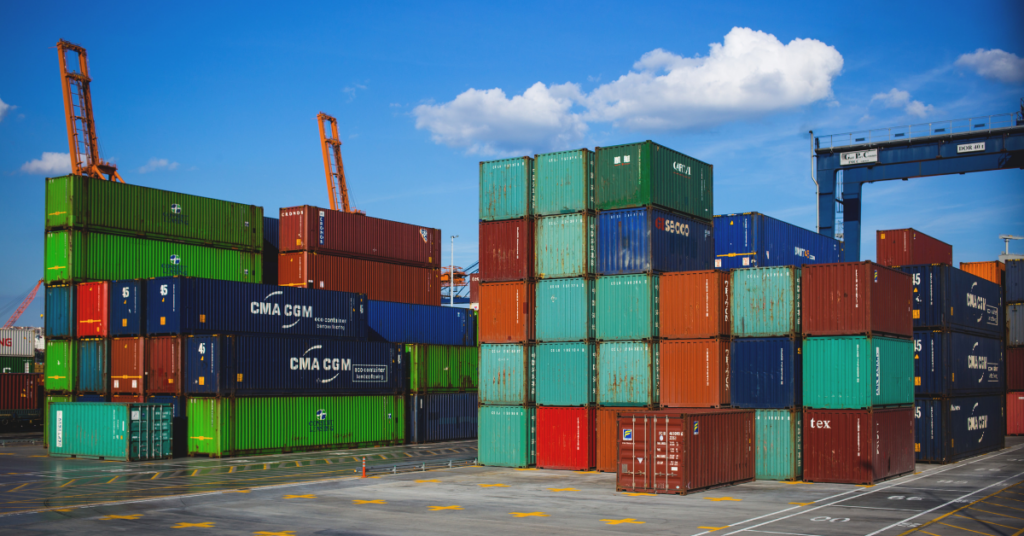
Recent changes to India’s port regulations are significantly impacting trade dynamics, particularly for Bangladeshi micro, small, and medium enterprises (MSMEs). The revised rules aim to streamline customs procedures and reduce dwell times for cargo, which directly translates to lower transaction costs for businesses engaged in cross-border trade. This efficiency is especially beneficial for smaller enterprises that often struggle with the logistical complexities and financial burdens associated with lengthy port processes.
The improved port infrastructure and updated regulations in India are facilitating smoother movement of goods, reducing delays that previously hampered trade flows. Faster turnaround times for ships and cargo handling equipment mean that Bangladeshi MSMEs can now export and import goods more quickly and predictably. This increased efficiency allows them to better meet delivery deadlines and maintain competitiveness in international markets. The reduced costs associated with port operations also contribute to increased profitability for these businesses.
However, the impact is not solely positive. While the updated port rules offer significant advantages, some challenges remain. Certain MSMEs, particularly those lacking robust infrastructure or technical expertise, may still find it difficult to fully capitalize on these improvements. Additionally, variations in implementation across different Indian ports can lead to inconsistencies in service levels, potentially creating bottlenecks and hindering the overall effectiveness of the reforms. Addressing these challenges through targeted support and standardized procedures is crucial to ensure that all Bangladeshi MSMEs can benefit from the new port regulations.
Bangladeshi MSMEs stand to gain considerably from India’s updated port regulations, which provide a platform for enhanced operational efficiency and reduced costs. These improvements enable smaller businesses to compete more effectively in regional and global markets. With quicker turnaround times and streamlined customs procedures, MSMEs can now manage their supply chains more effectively, respond promptly to market demands, and build stronger relationships with international partners.
The benefits extend beyond mere logistical improvements. The reduced financial burden associated with port operations frees up capital for Bangladeshi MSMEs, allowing them to invest in other critical areas such as technology upgrades, workforce training, and product development. This reinvestment can drive innovation, improve productivity, and ultimately contribute to the long-term sustainability and growth of these enterprises. Access to more efficient and cost-effective trade routes can also facilitate market diversification, enabling MSMEs to explore new opportunities and reduce their reliance on traditional markets.
However, realising the full potential of these benefits requires a concerted effort to address existing challenges. Many Bangladeshi MSMEs still face hurdles related to access to finance, technological capabilities, and market information. Targeted support programmes, including financial assistance, training initiatives, and market intelligence services, are essential to empower these businesses to fully leverage the opportunities created by India’s port reforms. Furthermore, strengthening cross-border collaboration and information sharing between relevant agencies in both countries can help to streamline processes and resolve any remaining bottlenecks, ensuring a seamless and efficient trade environment for all.
While the enhancements to India’s port regulations offer clear advantages for Bangladeshi MSMEs, existing trade restrictions continue to present considerable obstacles. These restrictions, which may include tariffs, quotas, and non-tariff barriers such as stringent quality standards and complex documentation requirements, can significantly impede the flow of goods between the two countries. For smaller businesses with limited resources, navigating these regulatory hurdles can be particularly challenging, often leading to increased costs, delays, and reduced competitiveness.
The impact of these restrictions is multifaceted. Tariffs, for instance, directly increase the cost of imported goods, making them less affordable for Bangladeshi consumers and businesses. Quotas, on the other hand, limit the volume of goods that can be exported or imported, restricting market access and hindering the ability of MSMEs to scale their operations. Non-tariff barriers, such as cumbersome customs procedures and stringent product standards, can create significant administrative burdens and compliance costs, disproportionately affecting smaller enterprises that lack the expertise and resources to navigate these complexities.
Addressing these trade restrictions is crucial to unlock the full potential of the improved port infrastructure and facilitate deeper economic integration between India and Bangladesh. Reducing tariffs, simplifying customs procedures, and harmonising product standards can significantly lower transaction costs, enhance market access, and promote greater trade volumes. Furthermore, fostering greater transparency and predictability in trade regulations can create a more stable and predictable business environment, encouraging investment and innovation among Bangladeshi MSMEs. By working together to dismantle these barriers, both countries can create a more level playing field and foster mutually beneficial economic growth.